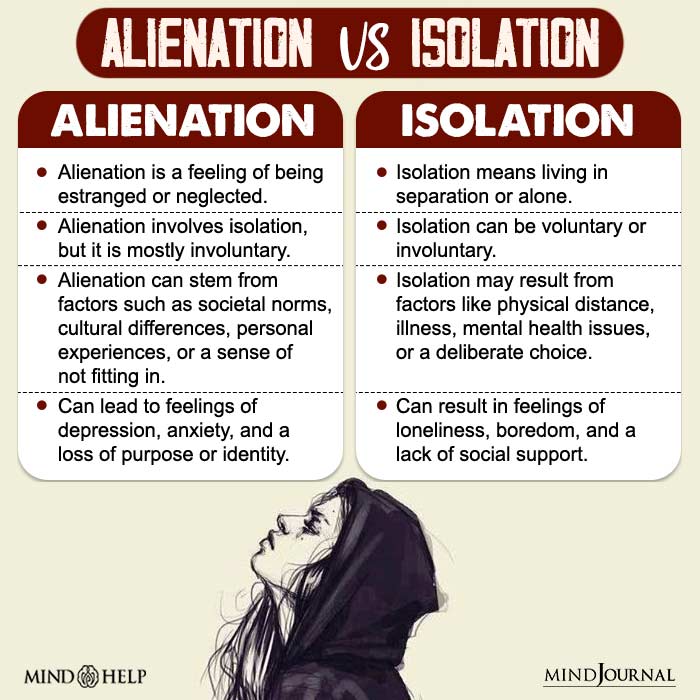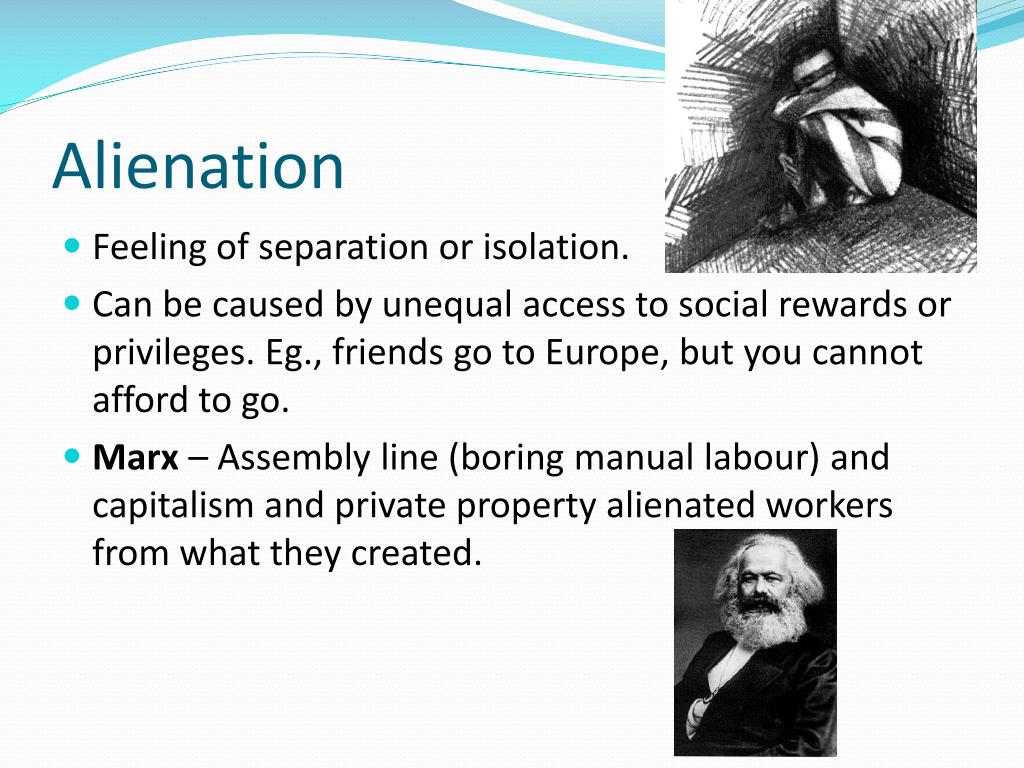What Is Involuntary Alienation? Real Estate Guide & Examples
Have you ever considered the possibility of losing your property against your will? Involuntary alienation in real estate is a stark reality, representing the loss of property ownership without the consent of the owner. It's a critical concept for anyone involved in real estate, whether as a homeowner, investor, or professional.
In essence, involuntary alienation is the antithesis of voluntary alienation, where property is willingly transferred. In contrast, involuntary alienation involves a forced transfer, often through legal mechanisms. The definition of involuntary alienation in real estate encompasses the loss of property through various means, including attachment, condemnation, foreclosure, sale for taxes, or any other involuntary transfer of title. This forced relinquishment of ownership can occur through circumstances that strip the owner of control over their asset.
Several scenarios can trigger involuntary alienation. Foreclosure, perhaps the most widely recognized, occurs when a homeowner fails to meet their mortgage obligations, leading the lender to seize the property. Adverse possession, another avenue, allows someone to claim ownership of a property by occupying it openly, notoriously, and continuously for a legally defined period. Eminent domain grants the government the power to take private property for public use, albeit with just compensation. Escheat, a less common occurrence, involves the transfer of property to the state when an owner dies without a will or identifiable heirs. Bankruptcy proceedings and court-ordered sales can also result in involuntary alienation.
- What Is Masa49 Exploring The Controversial Trend Alternatives
- Masahubcomco Legit Traffic Competitors Business Caution
Understanding involuntary alienation is not merely an academic exercise; it has profound implications for property rights and ownership. Property owners, investors, and legal professionals must grasp the processes that can lead to properties being acquired or lost against an owner's wishes. A lack of understanding can leave individuals vulnerable to losing their assets or failing to recognize opportunities to acquire property through these mechanisms. The real estate license exam often delves into these scenarios, highlighting their importance in the industry.
Foreclosure stands out as a particularly common form of involuntary alienation. When a borrower defaults on their mortgage payments, the lender initiates foreclosure proceedings, ultimately leading to the sale of the property to satisfy the outstanding debt. This process underscores the importance of responsible borrowing and financial planning to avoid the devastating consequences of foreclosure.
Adverse possession, while seemingly straightforward, involves specific legal requirements that must be met for a claim to be successful. The possession must be open, meaning it's not concealed; notorious, meaning it's known to the community; continuous, meaning it's uninterrupted for the statutory period; hostile, meaning it's without the owner's permission; and exclusive, meaning the possessor isn't sharing the property with others. These stringent conditions ensure that only legitimate claims of adverse possession are recognized.
- Stream 4k Hd Movies Online Your Ultimate Guide Year
- Hdhub4u Is It Safe Risks Alternatives For Streaming Movies
Eminent domain, often a controversial topic, allows the government to take private property for public projects like highways, schools, or parks. However, this power is not absolute. The Fifth Amendment of the U.S. Constitution requires that the government provide "just compensation" for the property taken, which includes not only the fair market value but also any consequential damages suffered by the owner. The process by which the government exercises its right of eminent domain is known as condemnation.
Escheat, while less frequent, plays a crucial role in ensuring that property doesn't simply disappear when an owner dies without heirs. In such cases, the property reverts to the state, which may then sell it or use it for public purposes. Escheat prevents property from becoming abandoned or subject to unclear ownership claims.
The transfer of property ownership rights, whether voluntary or involuntary, is a critical aspect of real estate alienation that necessitates careful consideration of legal restrictions, such as restraints on alienation and alienation clauses. These legal safeguards aim to protect property rights and ensure that transfers are conducted fairly and transparently.
Beyond these primary methods, involuntary alienation can also occur through other legal actions, such as attachment, where a court orders the seizure of property to satisfy a debt or judgment. Tax sales, resulting from unpaid property taxes, represent another avenue for involuntary alienation. Bankruptcy proceedings can also lead to the forced sale of assets, including real estate, to satisfy creditors.
Involuntary alienation underscores the importance of understanding property rights and the legal mechanisms that can affect them. Property owners should be aware of their responsibilities, such as paying property taxes and mortgage obligations, to avoid the risk of losing their property involuntarily. Investors should understand the opportunities and risks associated with acquiring property through methods like adverse possession or tax sales. Real estate professionals need a comprehensive understanding of involuntary alienation to advise their clients effectively and navigate the complexities of property transactions.
Understanding the nuances between voluntary and involuntary alienation is key. Voluntary alienation involves a conscious decision to transfer ownership, typically through a sale or gift. In contrast, involuntary alienation occurs without the owner's consent, often due to circumstances beyond their control. This distinction highlights the importance of protecting property rights and understanding the legal processes that can lead to involuntary transfers.
Involuntary alienation serves as a reminder that property ownership is not absolute. While owners have extensive rights to use, possess, and dispose of their property, these rights are subject to certain limitations and legal constraints. Understanding these limitations is crucial for responsible property ownership and effective real estate practice.
Navigating the complexities of involuntary alienation requires a thorough understanding of real estate law and legal procedures. Seeking professional advice from attorneys and real estate experts is essential when facing potential involuntary transfer situations. These professionals can provide guidance, protect your rights, and help you navigate the legal processes involved.
The concept of involuntary alienation is intertwined with broader issues of property rights, economic stability, and social justice. Protecting property rights is essential for fostering economic growth and individual prosperity. However, it's also important to ensure that involuntary alienation processes are fair, transparent, and provide adequate protection for vulnerable property owners.
Moreover, understanding the implications of involuntary alienation can empower individuals to take proactive steps to protect their property. This includes maintaining adequate insurance coverage, staying current on property taxes and mortgage payments, and seeking legal counsel when facing potential legal challenges. By taking these steps, property owners can mitigate the risk of involuntary alienation and safeguard their valuable assets.
In conclusion, involuntary alienation represents a critical aspect of real estate law and practice. Its understanding is essential for property owners, investors, and real estate professionals alike. By grasping the causes, implications, and legal processes associated with involuntary alienation, individuals can better protect their property rights and navigate the complexities of the real estate market.
- Tausha Kutcher Ashton Kutchers Sister Life Career Family
- Hdhub4u Free Movies Is It Safe Risks Legal Alternatives

What Is Alienation? 7 Signs, Causes And Mental Health Impact

Involuntary Alienation Examples

PPT Alienation and Subcultures PowerPoint Presentation, free download